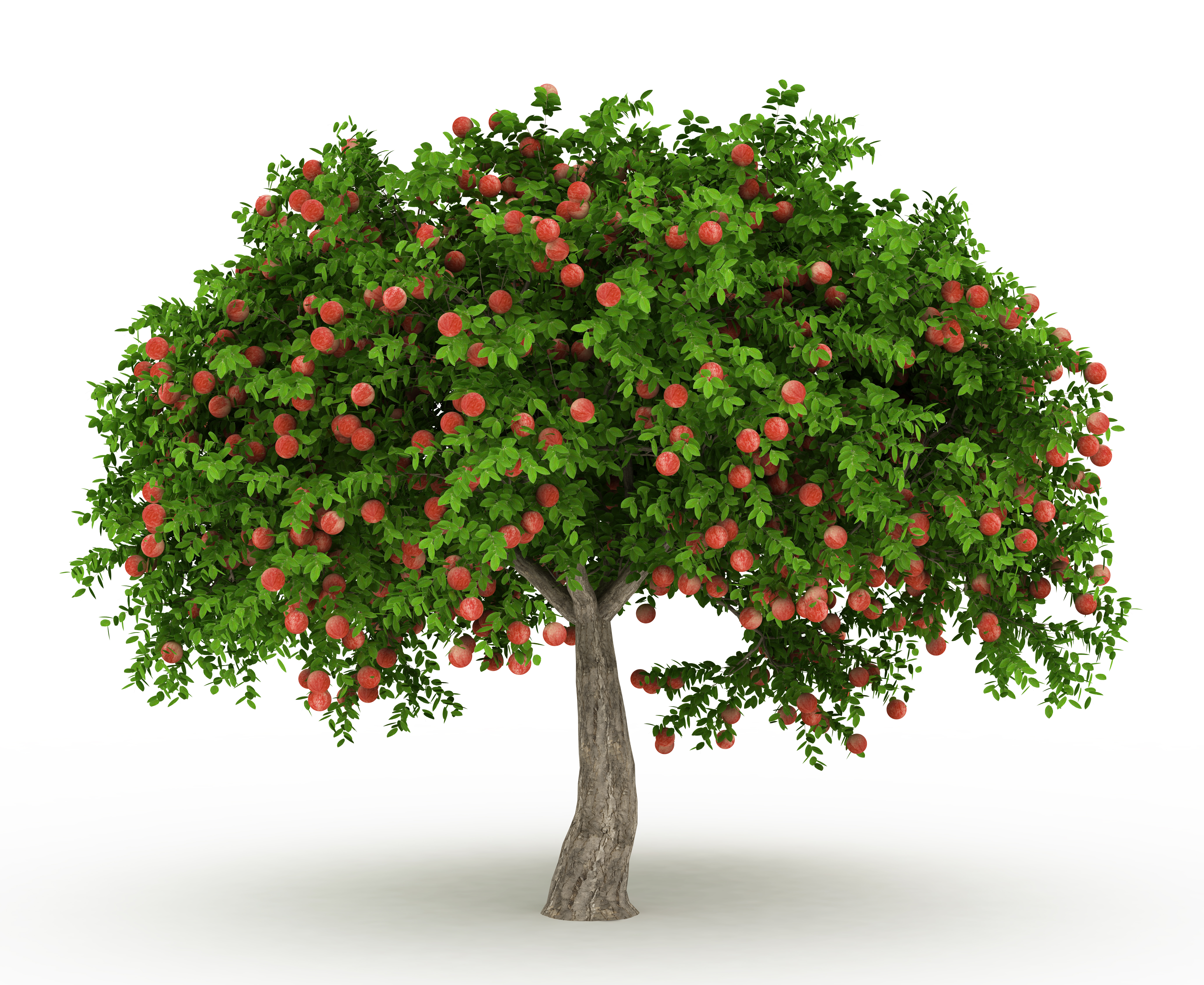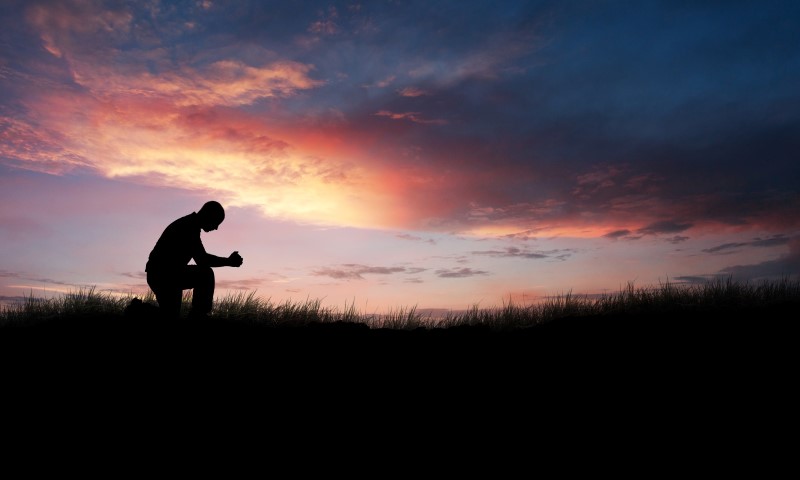Addresses to the Seven Churches in Asia

The Letter to the Church at Laodicea
Revelation 3:14-22, Colossians 4:16-18.
The letters to the seven churches of Asia, or Turkey as it is nowadays, have very serious lessons for all Christians. We must pay heed to them for ourselves, rather than applying them to others.
Spiritual decline
The Christian church was inaugurated on the day of Pentecost, the fiftieth day from when Christ was raised from among the dead. Since that auspicious start, we Christians, as a whole, have become increasingly worldly and much less Christ-like or Christ-centred. The letters to the seven churches give a prophetic outline of the history of the church, highlighting the origins and results of this spiritual decline. They trace things through from the day of Pentecost right up to the second coming of the Lord. This last letter, to Laodicea, describes things as they are in the present day, at the very end of the Christian church period, immediately before the coming of the Lord.
"The Amen"
We read in 2 Corinthians 1:20, "All the promises of God are Yea and Amen in Him." As the Amen, everything that God has committed Himself to do is both affirmed and confirmed in Christ. He is the One on Whom rests all the stability and assurance of what God will ever do.
"The Faithful and True Witness"
In Laodicean days, when the witness borne to God is worse than at any other time in the history of the Christian church, Christ is presented as the Faithful and True Witness. Nowadays, the two marks of faithfulness and truth are largely missing from that which outwardly professes to be Christian. In such conditions, He Who is the living embodiment of faithfulness and truth can alone be relied on to maintain what is due to God.
"The Beginning"
As the Beginning, He is the true source and origin of everything that is of God and for God.
"I know thy works"
The Laodiceans were not lazy. They were quite willing to work, and their works were not pagan works. They even had a veneer of being true and good. Yet, there is nothing that could earn a specific commendation from the Lord. He said two things that give reasons for this.
"Thou art neither cold nor hot" (v. 15)
"I will spue thee out of My mouth" (v. 16)
At Colossae, 9 miles west, the water was cold, refreshing, pure, derived from melting snow on the nearby hills. At Hierapolis, 6 miles north, there was an abundant supply of hot spring water at 35°C (95°F), full of beneficial minerals, especially calcium, and considered to be therapeutic. Local people still bathe their eyes in the water. Laodicea was built in the third century BC at a natural crossroads in a low undulating plain. It was a good site in strategic terms, but with no natural source of drinking water. Supplies were brought in from the south via a stone aqueduct, which terminated in a water tower. From this, the water was distributed to the streets via pipes. The water was neither cold and refreshing, as at Colossae, nor was it hot and therapeutic, as at Hierapolis. It was tepid and laden with unpalatable minerals. Visitors not used to its flavour would spit it out in revulsion. The church at Laodicea was in danger of being rejected in the same way by Christ.
"I am rich"
The Lord says, "Thou sayest, I am rich and increased with goods." Laodicea had access to tremendous assets and resources. The city was a rich banking centre, controlling the finances of a large, commercially vibrant region. It wasn't vulnerable to the fluctuation in market trends by being over dependent on any one commodity or trade. Among its diverse trading activities, it had a thriving woollen trade. Warm cloaks, made from local wool, of exceptionally high quality, from a special breed of long-haired black sheep, were ideal for both shepherds out in the country and also fashion conscious business people in the commercial centre. There was also a healthy export trade.
"You say you have need of nothing"
This would certainly register with the Laodiceans. In the year AD 60, the city was declared by the imperial authorities in Rome to be a disaster area, after a severe earthquake devastated the city. The Roman authorities offered grants and subsidies to help with the reconstruction. The Laodiceans declined the offer, stating that they were quite capable of funding the project themselves, without outside help. They were extremely proud of their self-sufficiency. The same spirit evidently marked the local church. The Christians at neighbouring Colossae were happy to be told, "Ye are complete in Him" (Colossians 2:10). The affluent Laodiceans seemed to consider themselves to be complete in themselves, rather than in Christ.
"Wretched, and miserable, and poor, and blind, and naked"
The Lord's assessment of them was completely opposite to what they thought of themselves. Wealthy, well clothed, haughty, self satisfied Laodiceans would feel grossly insulted to be described as wretched, and miserable, and poor, and blind, and naked." The Lord was, of course, speaking about spiritual and moral values, not financial and economic ones.
It is significant that the Lord attributes blindness to the Laodiceans. God always delivers blessing in pristine beauty and condition. Committed to man, things soon deteriorate and fall away. Eventually at the end of every phase of God's revelation to man, blindness is seen to set in. The last judge, Samson, ended his days in blindness (Judges 16:21). The last priest, Eli, was blind (1 Samuel 4:15). The last King of Judah, Zedekiah, had his sight taken away (2 Kings 25:7). How salutary that the last condition of the Christian witness immediately before the coming of the Lord is described as including the distressing, helpless condition of blindness. The lesson is clear. None is so blind as he who doesn't want to see.
"To him that overcometh"
Notwithstanding the appalling general condition, the Lord does not give them up. He calls for overcomers, even in Laodicea. If the Lord appeals for an overcomer, there must be the prospect of there being at least one. But how can it be done?
"Buy"
Everything that is valuable costs you something. And from Whom could they buy what they needed? "Buy of Me," the Lord says. He is the holy One Who is able and willing to help. No one else can do so.
"Gold, tried in the fire"
What were they to ask for? "Gold, tried in the fire." In the Bible, gold is used as a picture of things that are considered valuable by God. The most precious resource and asset at God's disposal is the Person and work of His beloved Son, our Lord and Saviour Jesus Christ. "Gold, tried in the fire," suggests that which is of Christ, proved in personal soul experience in the presence of God.
"White raiment"
The Laodiceans were used to preening themselves in their rich black cloaks. The Lord directs them to acquire, from Him, white garments to cover their naked shame. The allusion is clear. Clothing is what people first see of us. White is always a picture of purity and righteousness. Chapter 19 verse 8 tells us that the church, the Lamb's wife (not by then on earth, but in heaven with Christ) will be clothed in "fine linen, clean and white, for the fine linen is the righteous acts of the saints." The righteous deeds of the Christian believers will be on display, as clearly as though they were worn as a suit of clothes. The Laodiceans were directed away from flashy clothing to doing what is right in the sight of God.
"Anoint thine eyes with eyesalve"
Laodicea had a famous medical school, specialising in the treatment of eyes. Their surgeons were skilled in eye operations, including the removal of cataracts. Additionally, much revenue was gained locally from the sale of eye ointments and eye salves. Local factories made good use of the nearby mineral salt deposits, which research had determined to be beneficial over a wide range of eye conditions. They would know full well what the Lord was talking about when He said, "Anoint thine eyes with eyesalve, that thou mayest see." Only something Christ can give them can enable them to see clearly.
"As many as I love, I chasten"
What we do doesn't alter what He is. Although the state is judged, the persons are still loved. All discipline has a positive aim. It is administered with a view to correction and restoration to full joy and fellowship.
As He says, "As many as I love, I rebuke and chasten." He so loves us and cares for us that He must at times discipline us. This does not make it any easier at the receiving end (cf. Hebrews 12:11).
"Repent"
The Lord makes the matter perfectly plain. "Repent." Unless our hearts are right before God, we will never take the right action. Repentance must precede the answer to the Lord's knocking. There must be a real change of mind before God. We must agree with God about the poor spiritual condition in which we are. Each individual is responsible to the Lord to do so on a personal basis. In verse 20, a tremendous opportunity opens up. The Lord makes His appeal to any individual who is willing to listen: "Behold, I stand at the door and knock: if any man hear My voice and open the door, I will come in to Him, and will sup with him, and he with Me." There is always room for recovery, and there is some response from individuals. The Lord, in His patience, is knocking, but from the outside. We will not hear the Lord's voice until we have repented.
"I stand"
Not a casual stance, but one which is adopted continually until the object is achieved. That is, the personal response of the individual overcomer. An "overcomer," is any individual who refuses to be swept along by the tide of unfaithfulness rampant just before the Lord's coming, and is determined to seek help and grace from God so as to remain true to his Lord and Master, at whatever personal cost.
"I am knocking"
Why refer to a door, or gate? As part of the reconstruction of the city after the earthquake mentioned earlier, a local wealthy benefactor paid for the erection of an impressive new "gate" for the city. Nocturnal visitors to the city found the gate locked, so as to safeguard the city's wealth and treasures. They had to knock and be subjected to close scrutiny before gaining admittance. They were treating the Lord in the same way, keeping Him outside. Individuals responding to His knocking would themselves gain access to and receive all the spiritual treasure they would ever need or could enjoy. The Lord is calling attention to the fact that He is there, knocking, but from the outside. The Laodiceans had shut themselves in to themselves, without Him. They were so busy with their own activities that they could not even hear the knocking that was going on on the outside. They were not only going on without Him, they were not conscious that He was outside.
There is always room for recovery, and there is some response from individuals. But, we must hear His voice. If consciences are awakened, repentance would be brought about.
"If any man"
The mass will never turn. The response must be individual.
"Open the door"
The overcomer must open the door for himself. The knock is imperative. The voice is appealing. If there is no response to this appeal, there can be no more. "I will come in to him." How gracious the Lord is. He expresses His willingness to come into our hearts, our lives, but He doesn't force Himself upon us.
"I will sup with him and he with Me"
What joy, what communion, is available to us if we allow Him to have His true place, the chief place, in our plans, our ambitions, our motives.
He comes to our side, that we might enter into His side ("I will come in to him, and sup with him, and he with Me"; cf also John 13:8).
"With Me on My throne"
Rewards are granted to those who make room for Him in this way: "To Him that overcometh will I grant to sit with Me on My throne, as I also overcame, and am set down with My Father in His throne." Here again we have a reference to a well-known local practice. Public thrones, there and then, were not designed for single occupancy. They were more like benches, with sufficient room for those summoned by special invitation of the occupant of the throne. Such dignitaries, selected on account of high office or spectacular achievement, were summoned to sit on the throne alongside the visiting sovereign or president of the function to view the proceedings of the day at the arena, theatre or stadium.
As always, the Lord Himself is both the source and the standard for everything He offers us. When He lived on the earth, He was always faithful to His Father in heaven, whatever the opposition, whatever the personal cost to Himself. Having gone back to heaven, He is now seated in honor alongside His Father, awaiting His day of glory, when He shall sit on His own throne, and receive universal honor and acclaim. He now says to those who have committed themselves to be faithful on earth to Him while He is in heaven, "When I appear in power and great glory, you will be alongside Me sharing that glory." (See also 1 Samuel 2:30).
Closing remarks
If the Laodiceans had read The Epistle to the Colossians, and taken heed to it, they would not have needed this letter. For us, it is safe to look for a Philadelphian in the saints, and keep guard against Laodicean tendencies in ourselves. The obvious remedy and preventive to Laodicean conditions is Colossian ministry (affections set on things above, where Christ sits at the right hand of God, Colossians 3:1-4).
Christ is coming again. He has left Christians on earth until then with the privilege and responsibility of being true and faithful to Him while we wait for Him to come. We must be good stewards of whatever has been entrusted to us in the meantime. May we seek grace to do so.





